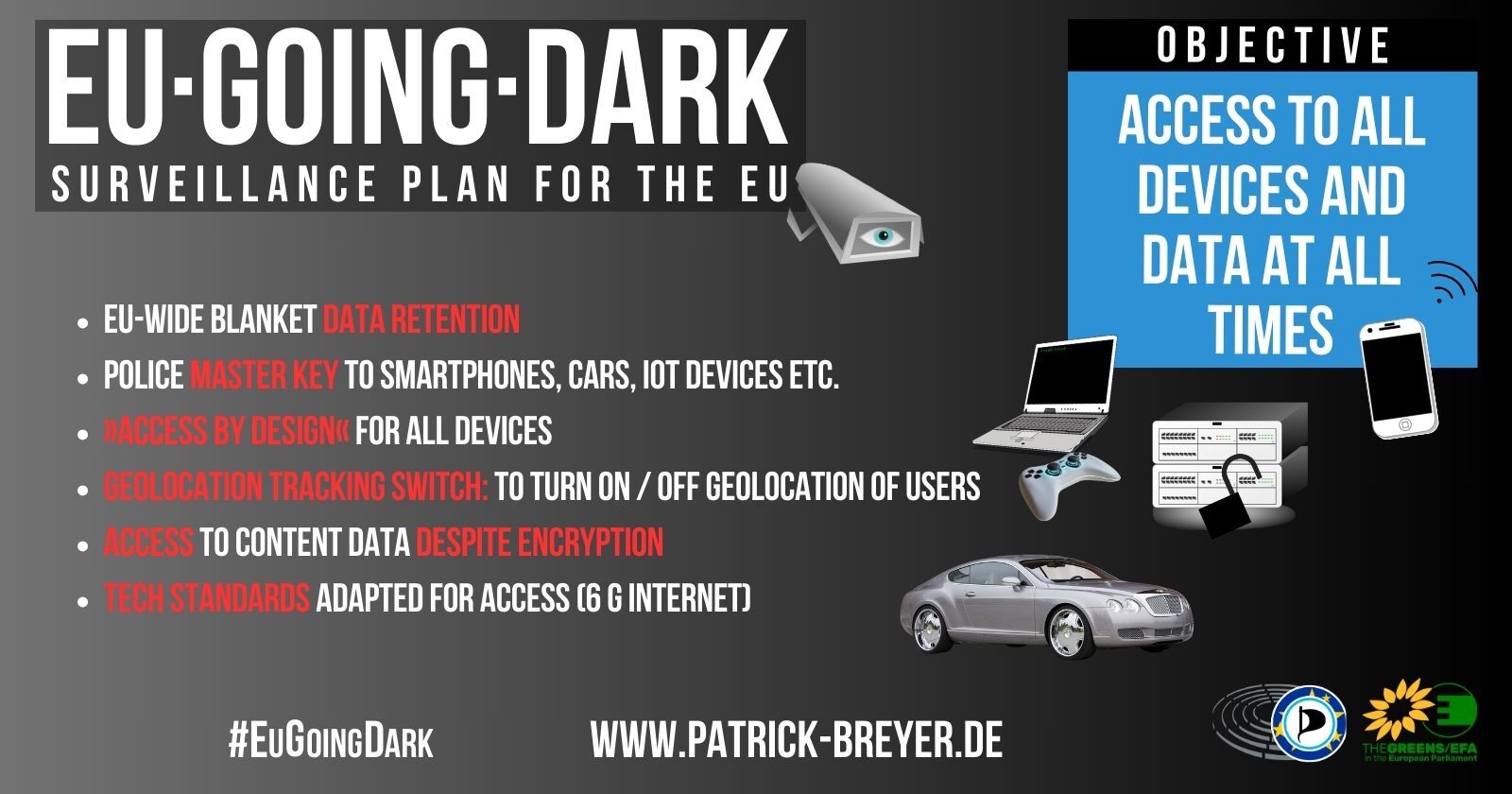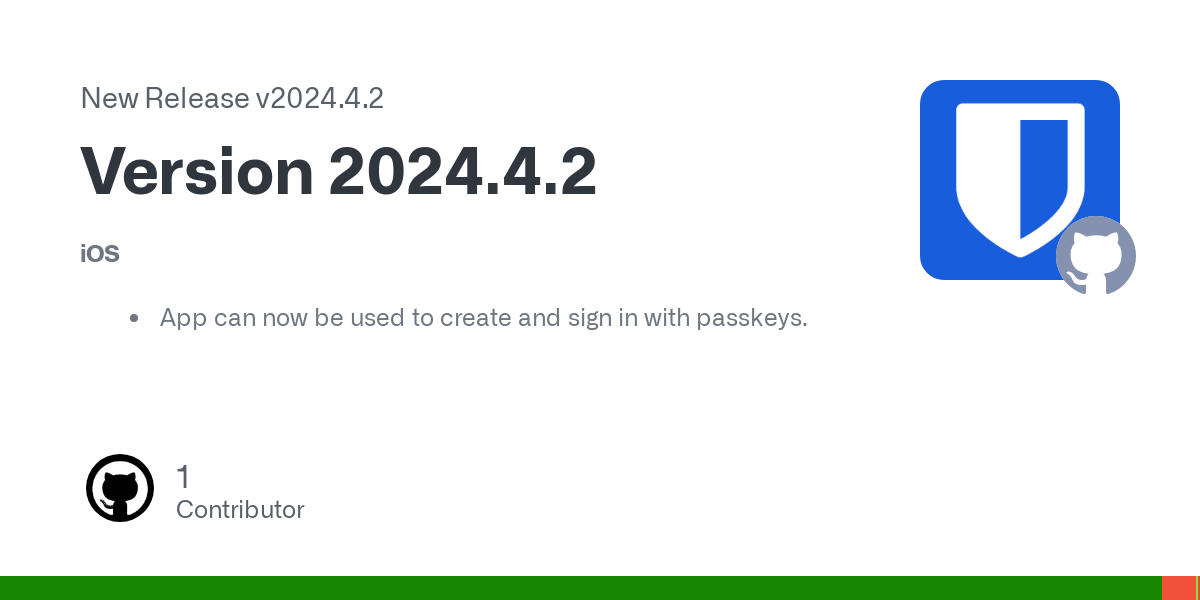

I downloaded the mobile app (ios) and i don’t see any way to connect it to your own selfhosted server. You can only create an account with them. Didn’t look further, but it would be pretty weird to first have to create an account with them and only afterwards being able to connect to your own server.
Edit: The access is just deeply hidden. You have to tap 7 times on the login in screen in the app to enter developer settings. There you can enter your own server.
https://help.ente.io/self-hosting/guides/custom-server/
So yeah thumbs up from me!





While there are a lot of critics of this, ask yourself: for how many services and apps you use (e.g. messenger, cloud storage, email, operating system, web browser…) are you willing to pay recurrently? If that answer is not for every single one of them, then this move is the answer.
The internet desperately needs a way to fund things and advertising seems to be the only viable solution on a bigger scale. And I don’t think that there is anyone better suited than mozilla for the job of pushing a privacy respecting way of doing so. Sure this needs to be done the right way, but they should be given the benefit of the doubt.
And this doesn’t mean that everything needs to be cluttered with ads. You could still pay a bit to remove them.
Even if the answer to the question above was yes, consider the masses. Other people might not care enough/have the same awareness about privacy to pay, but they could gain a lot with this. Consider people in less fortunate circumstances monetary wise. Don’t they deserve privacy if they can’t afford to pay for services?